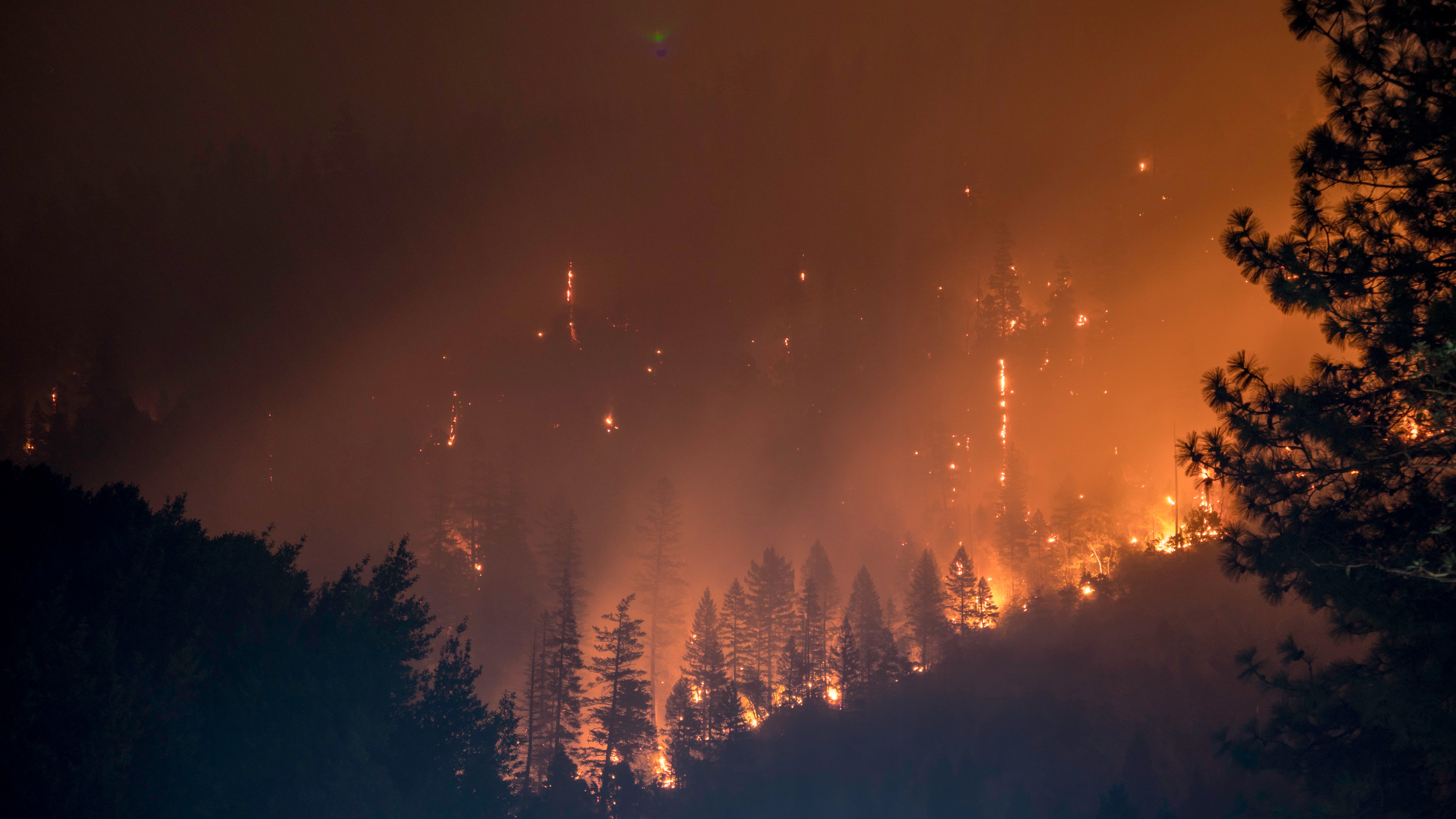California has been devastated with the most deadly wildfires in the state’s history. Thousands of homes are lost. There are billions of dollars worth in damage and at the time of publication of this blog, there are still people missing and dozens are dead.
We heard news coverage about the heroism of firefighters but one particular story caught our eye and the media’s attention. It was a story about how inmates with the California Department of Corrections and Rehabilitation (CDCR) are involved in firefighting.
The program isn’t without controversy. Inmate firefighters are paid $1 an hour. There’s no workers’ comp and in case of death, there’s little-to-no compensation for relatives. Critics say it’s modern-day slavery — a relic of the Thirteenth Amendment.
Despite its controversy, the program is competitive to get into. Inmates have to be in good standing, no violent offenders allowed, they must be in good health and meet many other prerequisites.
We at Productive Learning found this program fascinating because it follows the model of experiential learning: these men and women get the experience of being of service to something bigger than themselves and through this experience of learning a set of skills they learn something much deeper about themselves as well. This model sets up a likelihood of sustainable and transformational change.
In fact, the CDCR reports that recidivism rates for prison firefighters are 10 percent lower than those in the general population. Graduates of the program are felons and don’t qualify as civilian firefighters but with more education, they can qualify for support work with Cal Fire.
These men and women learned career skills such as fire science, use of equipment, and forestry management. But what they really learned was a new internal script based on self-respect, self-acceptance, self-growth, and community. Rather than being “outcast convicts,” they become important members of a community, contributing to a collective good.
“It’s not just the [prison] walls you get rid of,” said inmate Michael Dignan, to KQED in 2014 of his experience in the program. “You learn a lot about yourself. You learn that there is stuff you can put yourself through that you never thought you would have been able to do.”
More recently, another former inmate, whose now employed with Cal Fire, said of his journey in the program, “I developed self-confidence and a desire for change, and began looking for opportunities.”
Experiential learning is a unique type of education where the learning doesn’t happen in the form of a dictated lesson where participants memorize the main points. In our workshop environment, a participant learns about himself or herself by the way they participate in the workshop. Of course, there are written exercises but the best learning can come from the reaction to a written exercise, not from the questions themselves.
For example; in one of our workshops a participant moved seats on the break. When we came back from the break and started the workshop the person who had been sitting next to her that morning had taken offense to her moving. She thought that the woman had moved because of something she had said earlier that morning. This woman realized that she is constantly censoring what she says for fear of being disliked and it brought back memories of grade school and being made fun of for asking to play games the other girls thought were silly.
The woman who moved heard all of this and realized something very important about her self too! She had moved originally because the AC was dumping cool air on her, however, after hearing the other woman’s share she realized that she makes connections and then doesn’t communicate with them when she wants something for fear of appearing needy.
In our workshops, we use the experience to catch our assumptions, preconceived notions, habitual thoughts, and patterns. We examine our reactions to any given situation to understand what we are applying to that situation that is not correct or accurate. Then we take that understanding to enhance our awareness in our day-to-day life to make conscious choices.
Our clients come to us because they want something; some of you want to change jobs, buy a better house, fix or find a relationship. Some of you want less stress, more joy, and clarity. You come into work on one thing but ultimately you work on your mindset, your thinking habits and how to create sustainable change no matter the circumstance.
Most of us were taught to interpret language and culture in a way that has prevented us from creating our ideal life. In our experiential setting, we put you in situations that challenge the perceptions that you’ve carried about yourself. We create an environment with exercises and work with you to disconnect from your predetermined habitual thinking and connect with your values to generate self-confidence, self-growth, and clarity.
Experiential learning is a challenge and next year, we’re inviting clients for the ultimate experiential learning workshop, Beyond Your Comfort Zone, in the Andean country of Ecuador. We’ll push you past unconscious beliefs that have tricked you into a false sense of safety and into a realm of higher consciousness and possibility while making a positive impact on communities who suffered the devastation of the 2016 earthquakes.
As California recovers from the wildfires, we are grateful and appreciative of the hard work from Cal Fire, domestic and international firefighting brigades, first responders and yes—those prison inmates who volunteered to save homes and lives. They remind us that we all deserve second chances and that we can create extraordinary change when we’re willing to push ourselves through a metaphorical “trial by fire.”

